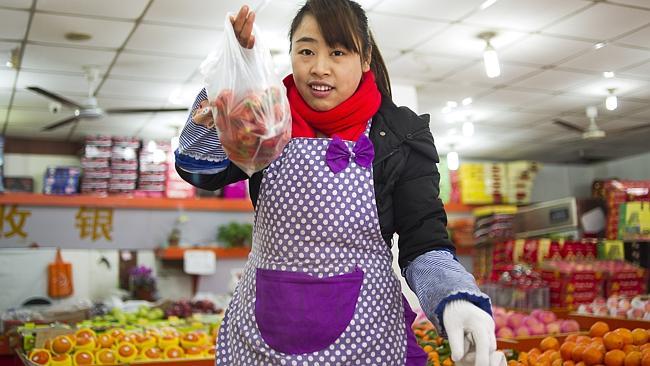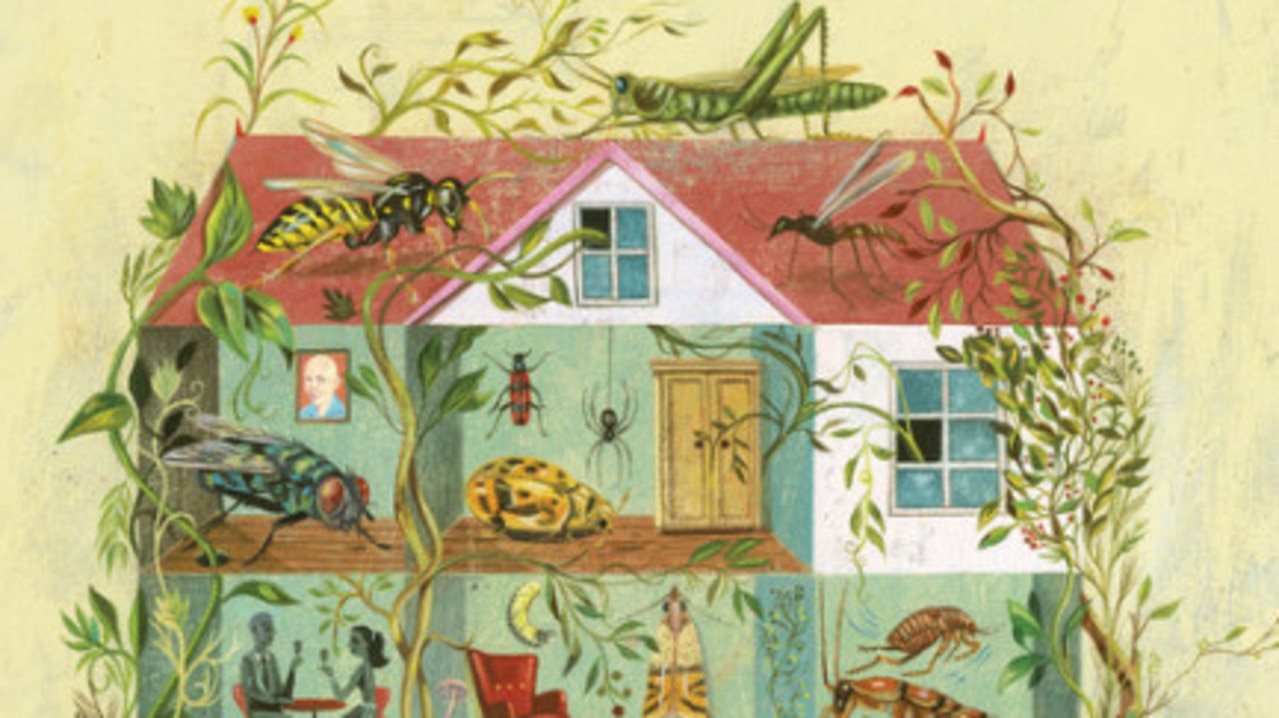Berry imports skip health scrutiny
AUSTRALIA has failed to test any frozen berry imports for harmful pathogens despite similar products being linked to hepatitis outbreaks.

AUSTRALIA has failed to test any frozen berry imports for pathogens harmful to humans despite similar products being linked to hepatitis outbreaks across Europe and North America, prompting demands for urgent reform.
The decision not to classify the popular product, common in freezers across the country, as “high risk” was yesterday described as “unbelievable” by domestic growers, who joined crossbench MPs in demanding a major regulatory review.
Federal Agriculture Minister Barnaby Joyce conceded that the testing regime for such products might need to be reviewed.
As of last night, 10 Australians had tested positive to hepatitis A, with five confirmed cases in Queensland, three from Victoria and two from NSW, all believed to be linked to the consumption of frozen berry products imported from China.
Lawyers preparing a potential class action on behalf of those affected advised consumers to retain the products for use in evidence, as the Red Cross imposed a two-month ban on the donation of blood by anyone who had eaten the berries.
The charity had already identified 300 blood donations from people who had consumed suspect berries, and was considering whether to destroy them. “This is purely a precautionary matter as authorities work to establish the precise origin and extent of the infections,” said spokesman Shaun Inguanzo.
Symptoms of hepatitis A — which is common in developing countries with poor hygiene and can take up to 50 days to appear — include fever, nausea, abdominal discomfort, dark urine and jaundice (yellow skin and eyes).
The list of suspect products was expanded to Nanna’s Raspberries 1kg packs while others on the recall list include Nanna’s Frozen Mixed Berries 1kg packs and Patties’ 300g and 500g packs of Creative Gourmet Mixed Berries.
Australian fruit and vegetable growers said the failure to test imported berries for hepatitis A and other pathogens, despite outbreaks linked to the imported frozen berry products in recent years across Europe and in the US, was astounding.
“The system is completely inadequate and needs to be reviewed,” AusVeg deputy chief executive Andrew White told The Australian. “Growers are concerned there isn’t a level playing field when it comes to imports versus the requirements and quality assurance processes that growers in Australia have to comply with.
“It is not fair that Australian growers have to go through rigorous quality assurance processes to get access to retail outlets, whereas imported products are seemingly able to come into the country without any testing in some cases.”
Mr Joyce yesterday signalled a potential review of the testing regime for imported food products, saying: “We’ve got to make sure that if they need to be reviewed then they are reviewed.
“Obviously, on many of these things, at the lowest level, we’re looking for residues such as cadmium, but we don’t look for hep A. Then on higher-risk issues we start looking at other diseases … or pathogens that might be part of that package. Now if that needs to be reviewed then it’s reviewed in conjunction with a number of other portfolios.”
The Department of Agriculture was forced to defend its decision to assign frozen berry imports the less-risky “surveillance” status, meaning fewer inspections and no testing for pathogens harmful to humans, only for chemical residues.
There was mounting political pressure for a fundamental rethink of Australia’s risk-based testing regime, with experts and farming groups warning the growth of free-trade agreements only strengthened the case.
Vegetable and fruit products are among the largest imported food categories, accounting for about $2.3 billion last year — bigger than fish ($1.8bn), dairy ($897 million) and meat ($727m).
According to the department, Australian fruit imports have more than doubled in the past decade, exceeding $1bn for the first time last financial year. In 2013-14, fruit accounted for $1.084bn of the $11.6bn food and live animal imports.
Independent South Australian senator Nick Xenophon backed calls for an urgent review of imported food safety testing and foreshadowed a Senate inquiry into the issue.
“This is a serious and widening outbreak of illness apparently caused by basic hygiene failures in China,” Senator Xenophon said. “These berries were considered ‘low risk’ but failed the most basic of health checks — carrying a bacteria common in faecal matter.
“Our entire imported food surveillance and risk-management system, conducted by the Department of Agriculture and Food Standards Australia and New Zealand, must be independently reviewed so as to fix any systemic problems and clear the air.
“The government does not test for bacterial infections of foods ... Our system is almost entirely reactive, in that it tests 5 per cent of food products as they enter the country. We should be looking at issuing permits to export to Australia.”
The Katter’s Australian Party leader Bob Katter foreshadowed legislation to “address the gross imbalances between quarantine standards for Australian and foreign food producers”.
“It’s one set of rules for our poor exporters going out and another rule entirely for the importers that compete against them coming in,” he said.
“Almost all of the seafood imported into Australia uses water that contains raw sewage. The prawns and fish therefore need to be chock-a-block with antibiotics.”
Australia’s leading plaintiff law firm, Slater and Gordon, announced it was considering a class action against the stock exchange-listed Patties Food over the hepatitis A contamination. “There are nine confirmed cases, and technically we only need seven to launch a class action,” said firm principal Julie Gordon. “The symptoms and consequences of contracting hepatitis A can be very unpleasant and can take some time to fully subside. If consumers have contracted the virus because of a manufacturer’s conduct they deserve to be fully compensated.”
Dimi Ioannou, principal and public safety lawyer for another other leading class-action firm, Maurice Blackburn, said her firm was also considering “several” individual negligence claims.
The value of overall food imports into Australia from ASEAN countries reached $2.66bn in 2012-13 while imports from China of “fresh chilled food” doubled in the 15 years from 1997.
China’s share of total food imports into Australia jumped from 4.2 per cent in 2002-03 to 7.5 per cent in 2011-12, to reach a total value of $835m.
Additional reporting: John Ross, Katherine Towers, AAP


